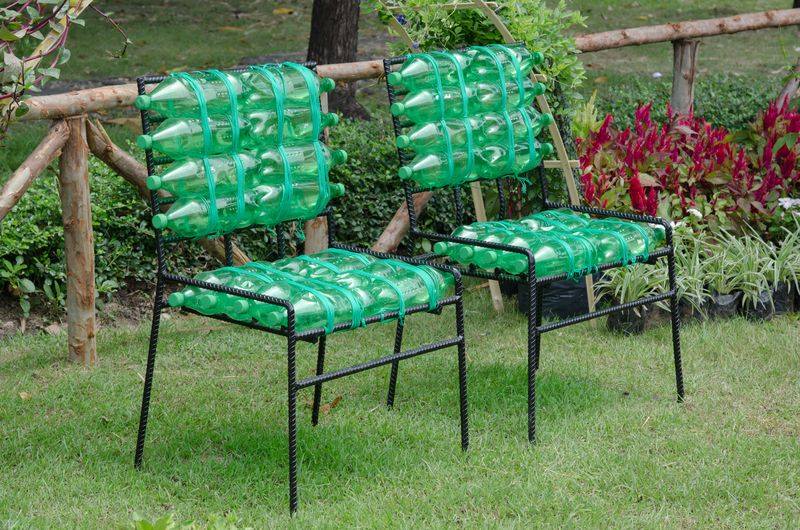
Introduction to Metal Recycling
In today's world, the importance of recycling cannot be overstated. With growing concerns over environmental degradation and depletion of natural resources, recycling metals has emerged as a crucial component of sustainable development. This comprehensive guide delves into the nuances of metal recycling, offering insights into its significance, processes, and the substantial benefits it provides in terms of _conservation and efficiency_.
Why is Metal Recycling Important?
Metal recycling plays a pivotal role in conserving resources and enhancing energy efficiency. Metals like steel, aluminum, copper, and lead are finite resources that require intensive mining and processing. Recycling these metals reduces the need for raw material extraction, minimizing environmental impact and conserving energy. Moreover, it supports an efficient circular economy by keeping metals in use.
Environmental Impact of Metal Mining
The process of extracting and processing virgin metals is energy-intensive and results in significant environmental impact. Mining operations disrupt ecosystems, generate large amounts of greenhouse gases, and lead to soil and water pollution. On the other hand, recycling metals significantly reduces these problems by using substantially less energy and limiting harmful emissions.
How are Metals Recycled?
Understanding the metal recycling process is essential to appreciate its conservation and efficiency benefits. The recycling journey generally involves several stages, each crucial for transforming scrap metals into reusable materials.
Collection and Sorting
Recycling begins with the collection and sorting of metals. This step involves gathering metal waste from various sources such as industrial sites, consumer goods, and construction debris. Metals are then sorted based on type, using various techniques like magnetic separation for ferrous metals and traditional sorting methods for non-ferrous metals.
Processing and Melting
Once sorted, metals are _processed and melted_ in specialized furnaces. This phase includes shredding large metal pieces to reduce size, which makes them more manageable and facilitates efficient melting. The melting process consumes significantly less energy compared to producing new metals from mined ores.
Purification and Solidification
The next step is purification, where impurities are removed to enhance metal quality. Various techniques, such as electrolysis or advanced chemical processes, ensure high-purity output. Once purified, the metal is solidified into ingots or specific shapes ready for reuse in manufacturing.
Benefits of Recycling Metals
Conserving Natural Resources
By recycling scrap metal, we effectively conserve natural resources. This practice reduces the demand for virgin materials, which in turn lessens the impact on the environment. For instance, recycling aluminum saves up to 95% of the energy required to produce it from raw bauxite ore.
Energy Efficiency and Cost Savings
Recycling is inherently more energy-efficient than mining and processing new metals. The energy savings translate into cost reductions for industries, which can be passed on to consumers. Thus, recycling provides an economically sustainable method to produce metals while reducing overall energy consumption.
Environmental Protection
Recycling metals significantly decreases the volume of waste sent to landfills, mitigating soil and water pollution. Furthermore, it lowers greenhouse gas emissions associated with metal production, contributing to climate change mitigation efforts.
Challenges in Metal Recycling
Despite its benefits, metal recycling faces challenges that need addressing to improve its adoption and efficiency.
Contamination Issues
One significant challenge in recycling metals is the contamination of scrap metal. Contaminants such as plastics, oil, and other non-metal materials complicate the recycling process, often necessitating additional processing steps to ensure purity.
Collection System Limitations
Efficient collection systems are vital for effective metal recycling. However, many areas lack the infrastructure for comprehensive metal collection and sorting, leading to lower recycling rates and greater reliance on virgin metal sources.
Economic Factors
The fluctuating market prices of metals can impact the viability of recycling initiatives. When metal prices are low, it may become more challenging to justify the costs associated with the recycling process, potentially leading to decreased recycling rates.
Promoting Metal Recycling
To harness the full potential of metal recycling, concerted efforts are necessary from individuals, industries, and governments.
Education and Awareness
Enhancing public awareness about the importance of metal recycling is crucial. Educational initiatives can inspire individuals and businesses to prioritize recycling efforts, improving participation rates and availability of recyclable materials.
Policy and Legislative Support
Governments can play a vital role by implementing policies that encourage metal recycling. This may include providing financial incentives for recycling projects, establishing stricter regulations for waste management, and promoting the use of recycled materials in industry.
Innovations and Technology
Investing in innovative technologies can bridge existing gaps in metal recycling. Advances in sorting, purification, and processing techniques can bolster efficiency, making recycling more profitable and attractive to stakeholders.
Conclusion
Recycling metals remains an essential strategy for promoting resource conservation and achieving energy efficiency. As we continue to grapple with environmental challenges, expanding and enhancing metal recycling initiatives will play a key role in driving sustainable development. By prioritizing education, improving infrastructure, and embracing technological advancements, we can ensure that recycling metals remains a cornerstone of conservation efforts worldwide.
